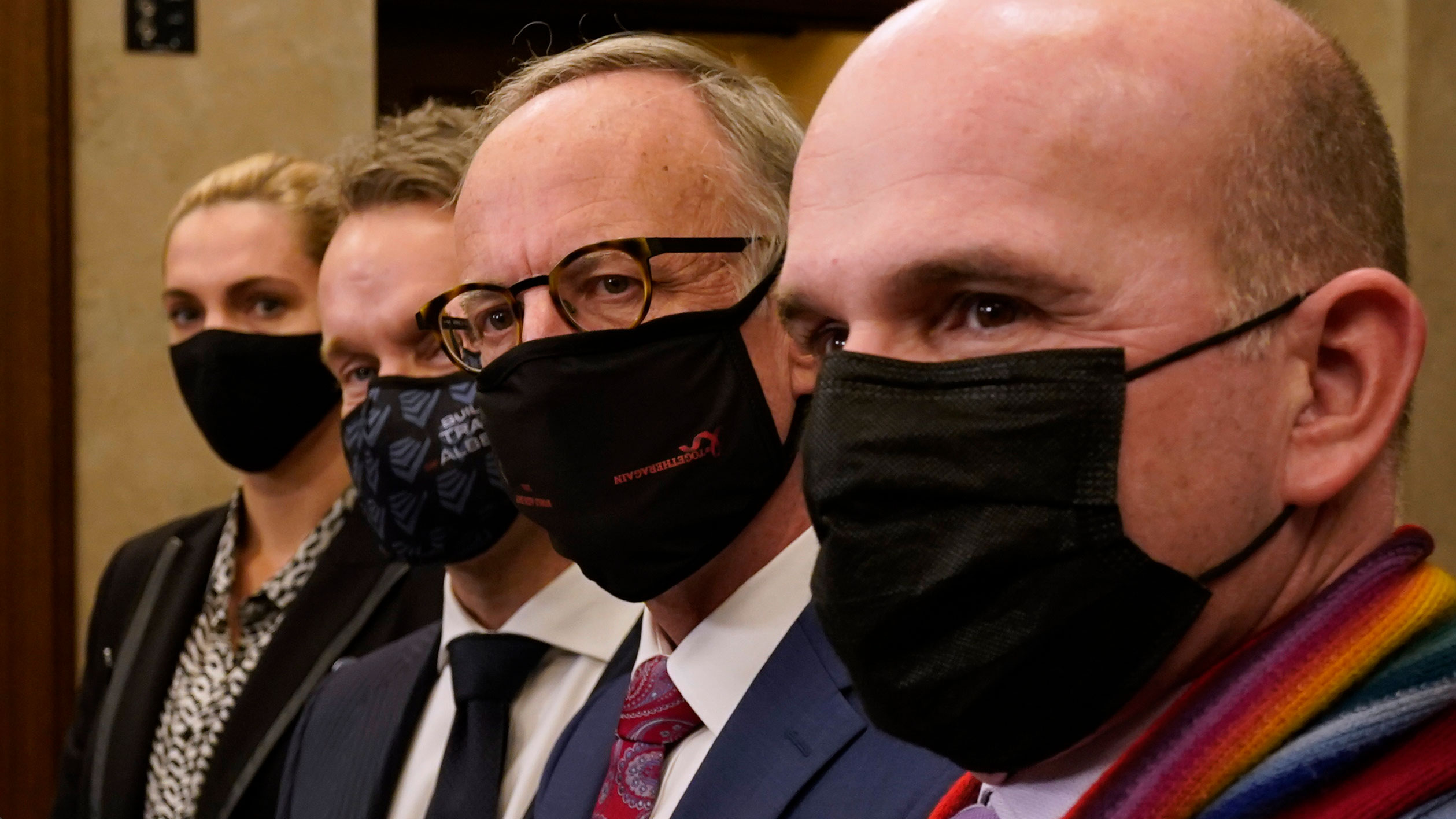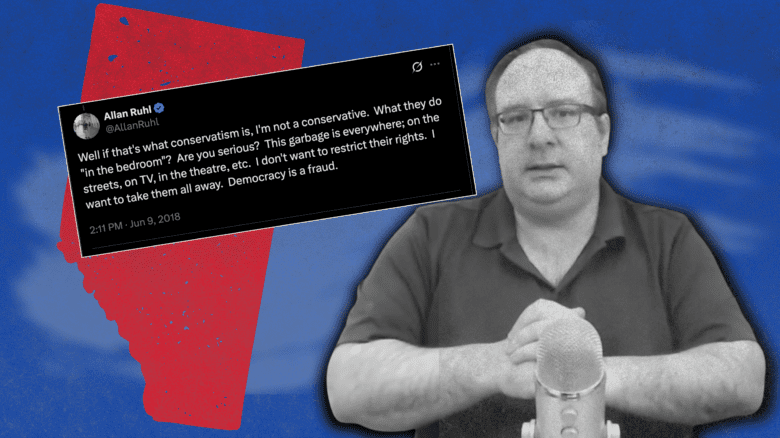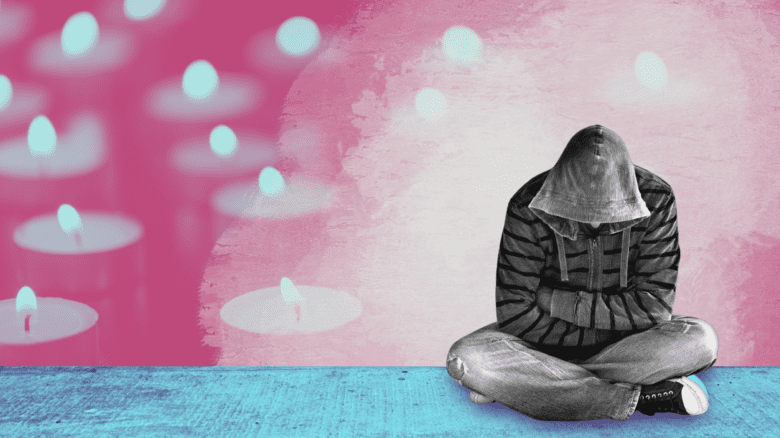In a surprise move, a tougher version of the bill to ban conversion therapy in Canada passed in the House of Commons on Wednesday with little friction, thanks to a Conservative motion to pass the bill at all stages with no debate in one fell swoop. With no objections, the bill was deemed to have passed unanimously, and is off to the Senate, where it will likely face tougher scrutiny.
Shortly before the Conservatives moved the motion to pass the bill at all stages, Opposition Leader Erin O’Toole announced that he would allow a free vote on the bill—as he had done in the previous parliament, when 62 Conservatives voted against it. But in moving the motion the way they did, the party managed to avoid a recorded vote on the new bill, which would further embarrass them and leave them open to accusations that they support torture, based on new language in the legislation that the government has adopted regarding the practice. They also avoided another spectacle of MPs relaying anecdotes about people who “overcame same-sex attraction” or “lesbian activity” in debate.
The new Bill C-4 no longer allows for adults to consent to conversion practices that attempt to alter their gender identity or sexual orientation—something the government has previously stated was a limit unlikely to pass constitutional muster in the courts.
So what changed this time around?
“Remember that conversion therapy is a practice that went on in the shadows,” says Minister of Justice David Lametti. “As we went through the last parliamentary process at committee hearings, a lot of people came forward and told their stories. We got a better idea of the devastating impact that it had—continues to have—on people. Some have never been able to get beyond it.”
Lametti says parliamentarians didn’t know to what extent this practice traumatized its victims before they drafted the previous Bill C-6. He also cited a UN special report stating that conversion therapy needs to be banned everywhere in the world, and that there was an emerging consensus in Europe.
“We think now there is a stronger argument in favour of a complete ban than there was even a couple of years ago,” Lametti adds.
Lametti also believes there is a great deal of consensus in the Senate to get this bill through quickly. “The basic fundamental premise is still the same: that this practice is torture, and what we saw during the committee hearings last time was, as people told their stories, we saw the devastating impact, and that really is one of the main factors as to why we’re going further this time,” he says. “That was visible for everyone to see in front of the last session of Parliament.”
“‘We think now there is a stronger argument in favour of a complete ban than there was even a couple of years ago,’ Minister Lametti says.”
When the bill passed the Commons, Lametti said he was glad that they were able to do so without re-traumatizing victims and survivors yet again.
Among the changes to the bill are a tighter definition of what constitutes conversion therapy. It also contains the explanatory language that should set aside the concerns, legitimate or not, that doctors and therapists who take a “wait and see” approach with youth exploring gender issues will not be targeted as practicing conversion therapy, as such practices are not actively trying to change a person’s sexual orientation to heterosexual or gender identity to cisgender.
Lametti says that the government was in the process of engaging with survivors through the old Bill C-6, and now with the tabling of Bill C-4.
“They helped us render some of the language more precise,” Lametti says. “We have made some tweaks in definitions in order to better reflect what is actually happening and how terms actually ought to be used, and in addition pushing for a complete ban. That level of engagement is reflected in this piece of legislation.”
Randy Boissonnault, the minister of tourism and former special advisor to the prime minister on LGBTQ2 issues, says that only about three weeks ago, the Global Equality Caucus—an international organization of LGBTQ2S+ legislators and allies, which includes members across all parties in Canada—have launched a global campaign to stop conversion therapy around the world.
“This work places Canada at the forefront of that cause,” Boissonnault says.
Liberal MP Rob Oliphant, who is among four openly gay MPs in the party, says that what emerged in the debate over Bill C-6 wasn’t just stronger voices from the LGBTQ2S+ community, but also the voices of human rights defenders, civil society and those from faith communities.
“There was a coming out of the closet of a number of the mainline denominations who actively supported this legislation and were pushed into it because of the misuse—particularly in the Christian world, but not only in the Christian faith—of scripture, the misuse of the understanding of pastoral care and the misuse of what the role of pastors are within the family as well,” Oliphant says. “I think there is a maturity now in those communities that are allies but even more engaged than an ally—it is their cause as well.”
“‘This work places Canada at the forefront of that cause,’ Boissonnault says.”
Oliphant also gave praise to former minister Bardish Chagger, as well as allies among the Bloc Québécois, the NDP and a few Conservatives for advancing Bill C-6.
“That movement is not stoppable,” Oliphant says. “It is going to happen, and nobody will want to be seen, no matter how much they may hide behind technicalities or misunderstandings like they did last time—it’s not happening now. Something is different, and I think it is almost a fait accompli.”
The Conservatives, for their part, were able to accomplish the best of both worlds: showing support for the legislation without outing those in the caucus unwilling to publicly vote in its favour. Their work Wednesday returns the bill to the Senate, where it was when Parliament was dissolved for last September’s election, obfuscating their own culpability in the bill’s delays. Members of the party get to come out looking like heroes for ensuring the bill passed—never mind the number of sour faces in their benches who did not stand up to applaud when the motion passed as others did.
While there may be hope that the Senate could pass the bill before its Christmas break, its committees have not yet been constituted, which could slow down the process. But the ban on conversion therapy is coming—sooner than later.


 Why you can trust Xtra
Why you can trust Xtra


